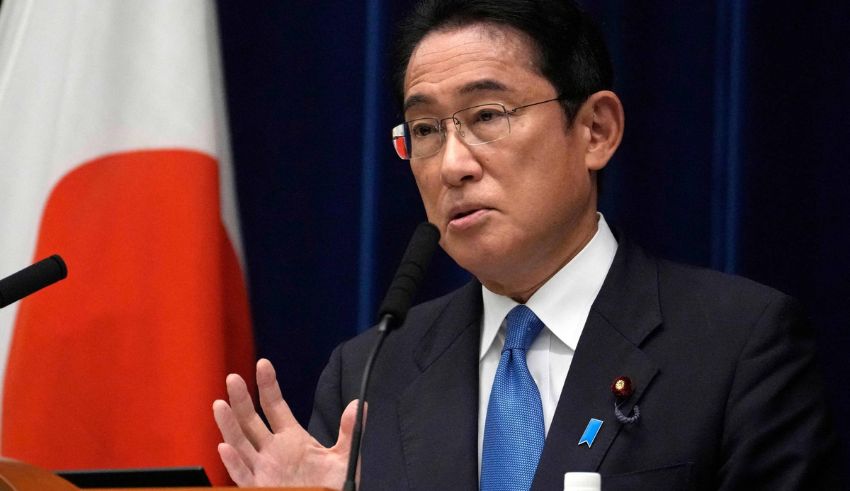
In the complex tapestry of East Asian geopolitics, Japan’s diplomatic maneuvers with China have come under scrutiny.
Critics argue that Japan’s approach is ‘two-faced,’ seeking closer economic ties while simultaneously casting China as a regional security threat.
Seeking Economic Stability Amidst Geopolitical Rivalry
Japan’s economic interdependence with China is undeniable. As two of the world’s largest economies, their bilateral trade is crucial for regional prosperity. Yet, Japan’s latest foreign policy report paints China as the “greatest strategic challenge,” a stance that has raised eyebrows in Beijing.
The Security Dilemma: Balancing Act or Double Standards?
Japan’s diplomatic documents and public statements often oscillate between calls for a “strategic and mutually beneficial relationship” and warnings against China’s assertive military actions in the region. This duality has led to accusations of Japan being opportunistic and double-dealing in its foreign policy.
Historical Disputes and Contemporary Contentions
The territorial dispute over the Senkaku/Diaoyu Islands continues to be a point of contention. China’s increased patrols in the area have been met with Japanese concerns over sovereignty and regional security. This ongoing issue exemplifies the historical animosities that still influence present-day relations.
Keep Reading
The International Perspective: A Regional Power Play
Internationally, Japan’s strategy is seen as part of a broader power play in East Asia. With the United States as a key ally, Japan navigates its China policy within the larger context of U.S.-China rivalry. The balance of power in the region is at stake, with Japan playing a pivotal role.
Japan’s ‘two-faced’ strategy towards China is a reflection of the delicate balance it seeks to maintain between economic cooperation and security interests. While criticism is warranted, it is also a reminder of the intricate dance of diplomacy in East Asia. Moving forward, Japan’s ability to reconcile its dual roles will be critical in shaping the future of regional relations.
























